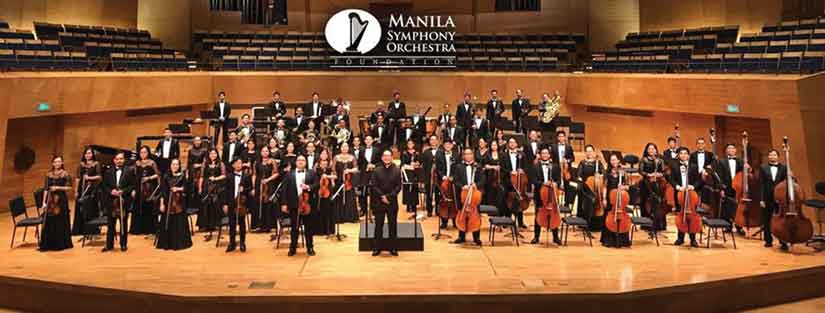Fashion during and after the pandemic:Chic PPEs for grocery shopping, stylish pajamas for the home, clothes that last a lifetime

A PANDEMIC has forced us to hole up in our homes in little better than T-shirts and robes. In this stagnation, it’s easy to think that fashion isn’t important — but how can something not be important when it sits right on your skin?
A webinar series by the Fashion Design Council of the Philippines (FDCP), PhX Fashion Conference, and the SoFA Design Institute called “Fashion Forward Dialogues” talked to three different designers last week about how they’re dealing with the pandemic, and how they plan to bounce back in the future. The first session featured Vice-President of the FDCP and designer Rajo Laurel, the co-founder of clothing brand Plains and Prints Roxanne Farillas, and FDCP President, SoFA co-founder and Executive Director, and designer Amina Aranaz-Alunan.
Mr. Laurel makes a case for the importance of fashion even in the midst of a global crisis. “Fashion is, by nature, a means to protect ourselves: whether it be physically or mentally.” This opens up the topic of what he’s doing now, and where he plants to go: protective garments. “Never in my life would I have imagined that instead of wedding gowns or evening gowns, I’m doing surgical gowns.”
“But that’s what you need to do,” he said. In the week after the lockdown, Mr. Laurel and his smaller-than-usual workforce (those who were unable to go back to their provinces when the lockdown was announced, about 25 people out of the 500 under his employ) had been able to produce 500 personal protective equipment (PPE) units, and as of the time of writing, were producing 2,500 more. “We’re restructuring our factory, our management force, and all of our existing stores… it’s really not going to be the same,” he said. Mr. Laurel broadcast his answers on the webinar from his summer home in Batangas, giving himself a preview of what the future may hold. “This has taught me a lot in terms of how to conduct our business in the future. Everything was done through devices,” he said. “We all must learn. I believe that in order to survive… we need to adapt to what’s next.”
And what’s next is apparently a line of attractive but protective outfits. “What we’re doing right now is creating an immediate collection for people to feel safe to go out of their homes, slowly. That will still have to be comfortable, fashionable, and washable.” He describes them as “not medical grade protective garments.”
“It’s very difficult to look chic in a bunny suit,” he said, describing the PPEs. “We need to rethink that. How will my client feel good when she’s doing the groceries?”
Mr. Laurel is also looking into clothes for the home — but not the way Filipinos see house clothes. “What’s next? Maybe it’s comfortable pajamas.” Meanwhile, he added quite wryly, “I don’t foresee anybody coming to me for a ballgown in the next 18 months.”
Ms. Farillas plans to do the same, and is currently working on masks and protective attractive equipment (which really should have its own acronym at one point), calling them multipurpose outerwear. “They want to feel good. They want to feel inspired. Fashion is inspiration,” she said. “They’ll start dressing up. When they start dressing up, they’ll feel better.” On an optimistic note, she said, “After that, we will still go on with our normal collections.”
Meanwhile, Ms. Aranaz-Alunan has been busy with her attempts to restructure SoFA to make it adaptive to a post-pandemic world. “We see this crisis as a challenge.” As for her work in design, Ms. Aranaz-Alunan reported that some of the export orders for her bags had been cancelled, leaving her with excess stock.
“We really need to evolve. We can’t expect that we’re going back to the old way of doing things, producing the same products that we do.” She acknowledges the changes that will have to occur, citing for one: “What we do is handmade. That interaction between people is really important. We really have to think about the social distancing measures in the factory — even the fact that the materials we get come from different parts of the country.”
In a season of loss, we tend to hold on to the things that we really deem important — or using the catchphrase of the season: “essential.”
“We used to do three collections a year. Now, all I want to do is just maybe one, and spread it out. That was the mindset of our industry. We’re very excessive,” said Mr. Laurel. “Half our friends and half our clients have enough already in their closets. Now is the time to really evaluate — how can we make really special items that are really needed by our clients?”
“We’re not selling fast fashion; we’re not selling things that you wear for one season,” said Ms. Aranaz-Alunan. “We really can start creating things that hopefully last a lifetime.” — Joseph L. Garcia


